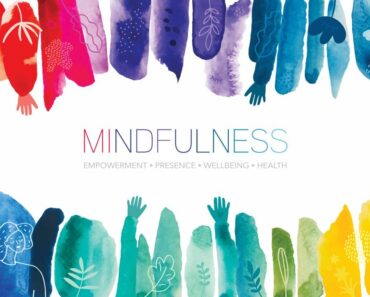
In the hustle and bustle of our daily lives, anxiety often creeps in, making it challenging to navigate through the day with ease. Whether it’s the pressure of work, social situations, or personal challenges, anxiety can cast a shadow over our well-being. But fear not; there are practical strategies that can help you manage anxiety and regain control over your life. In this article, we will explore effective techniques that you can incorporate into your everyday routine, empowering you to face anxiety head-on.
1. Embrace Mindfulness:
One of the most powerful tools to combat anxiety is mindfulness. By being fully present in the moment, you can quieten the racing thoughts and worries. Practice mindfulness through meditation, focusing on your breath, or simply observing your surroundings. Start with just a few minutes a day and gradually increase the duration. This simple practice can significantly reduce anxiety and enhance your overall sense of well-being.
2. Practice Deep Breathing Exercises:
Deep breathing exercises are a quick and effective way to calm your mind and body. When you feel anxiety creeping in, take a few minutes to focus on your breath. Inhale deeply through your nose, hold your breath for a few seconds, and then exhale slowly. Repeat this process several times. Deep breathing triggers your body’s relaxation response, helping you to feel more composed and centered.
3. Challenge Negative Thoughts:
Anxiety often feeds on negative thoughts and irrational fears. Challenge these thoughts by asking yourself if they are genuinely valid. Are you catastrophizing the situation? Often, our worst fears never come true. Replace negative thoughts with positive affirmations. Remind yourself of your strengths and past successes. Over time, this practice can rewire your brain, making it easier to manage anxious thoughts.
4. Establish a Routine:
Creating a structured daily routine can provide a sense of stability, reducing anxiety triggers. Plan your day with specific time slots for work, relaxation, exercise, and social interactions. Having a routine minimizes uncertainty and gives you a clear sense of purpose, making it easier to cope with daily challenges.
5. Seek Support:
Don’t hesitate to reach out to friends, family, or a mental health professional if anxiety becomes overwhelming. Talking about your feelings with someone you trust can provide immense relief. Therapists and counselors are trained to help you navigate through your anxieties, offering tailored strategies to manage your specific concerns.
Conclusion:
Navigating anxiety in everyday life is undoubtedly a challenge, but with the right strategies, it’s entirely manageable. By incorporating mindfulness, deep breathing exercises, challenging negative thoughts, establishing a routine, and seeking support, you can regain control over your thoughts and emotions. Remember, managing anxiety is a journey, and it’s okay to seek help along the way. By implementing these practical techniques, you are taking proactive steps towards a calmer, more resilient you. Embrace these strategies, and let them guide you towards a life with less anxiety and more serenity.




